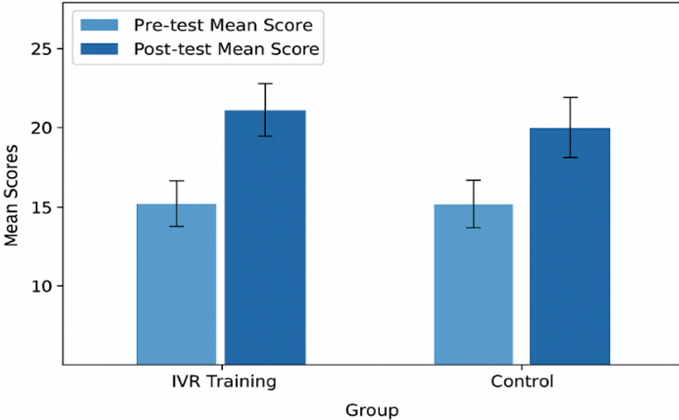Enhancing Spatial Skills through Immersive Virtual Reality: An Empirical Study on Educational Outcomes and Cognitive Engagement
Keywords:
Virtual Reality (VR), Cognitive Engagement, Educational Performance, Immersive Learning, Embodied Cognition, Emotional InvolvementAbstract
This study investigates the impact of immersive virtual reality (VR) on the development of spatial skills and educational performance. Using a controlled experimental design, participants engaged in VR-based spatial training modules designed to improve their ability to mentally manipulate objects and navigate complex environments. The results reveal significant improvements in spatial reasoning and cognitive engagement among the VR group compared to traditional learning methods. Additionally, the study explores the role of embodied cognition and emotional involvement in reinforcing learning within VR contexts. These findings contribute to the growing body of evidence supporting VR as a valuable educational tool, with implications for curriculum design and instructional strategies. Despite promising outcomes, considerations regarding accessibility and user comfort highlight areas for future research. Overall, this study demonstrates that VR can effectively augment spatial skill acquisition, offering transformative potential for education and cognitive training.


